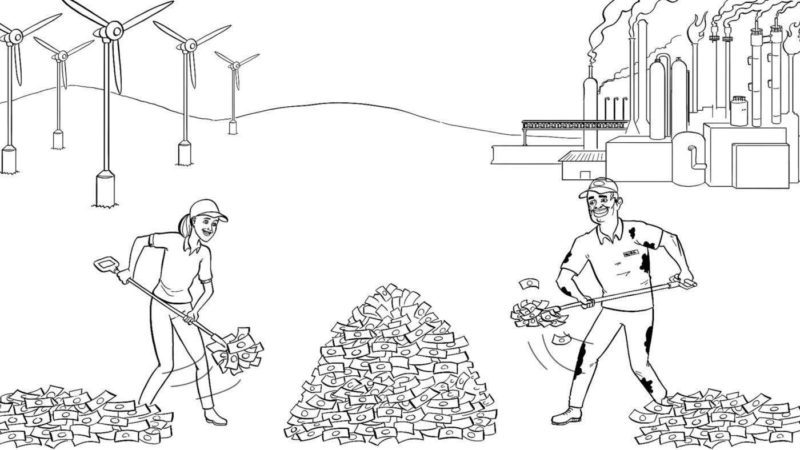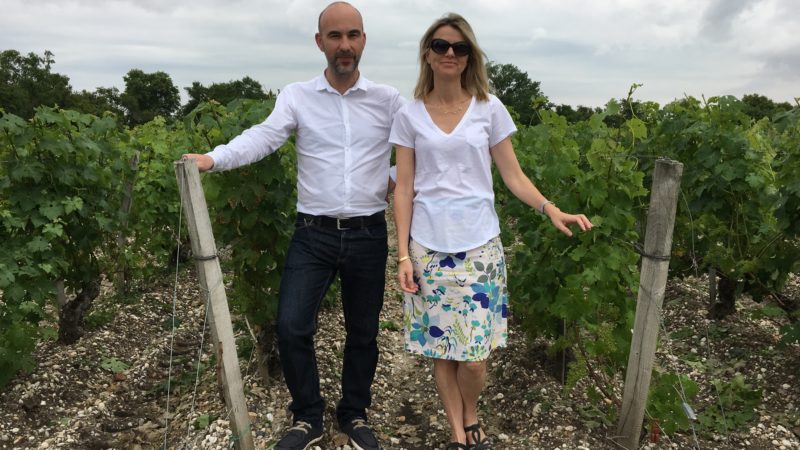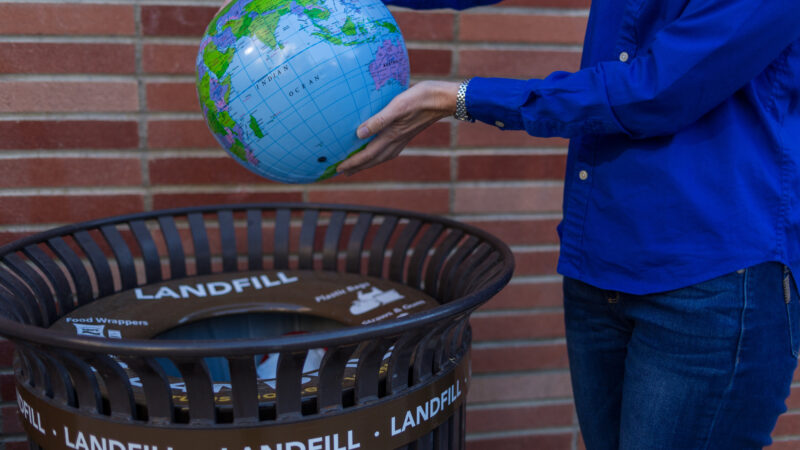
Energy Conservation Behavior
UCLA ENGAGE investigates how real-time energy consumption feedback can be used as an effective tool for energy conservation. It applies insights from behavioral science to design optimal interventions for changing…

UCLA ENGAGE investigates how real-time energy consumption feedback can be used as an effective tool for energy conservation. It applies insights from behavioral science to design optimal interventions for changing…

Our research seeks to understand how emotions play a role in the purchasing of green products. We considered four eco-labels that are found on meat products, and paired them with…

Firms have various avenues through which to disclose environmental performance information. This project examines two information disclosure strategies (public information disclosure to stakeholders and private information to legislators through lobbying),…

Between 2006 and 2009, firms spent over a billion dollars lobbying on climate-related bills and issues. Such spending is largely perceived as a strategy by industry to oppose regulation. Research…

In this project, which was also a practicum project, we examine the preferences of consumers over different eco-label attributes for cleaning products. To accomplish this goal, we designed and implemented…

Eco-labels are part of a new wave of environmental policy that emphasizes information disclosure as a tool to induce environmentally friendly behavior by both firms and consumers. Little consensus exists…

In a world where water is scarcity is increasing, companies must proactively plan for how to make their operations water resilient.

The circular economy has come to the foreground as a promising means through which to achieve sustainable development. Despite the wealth of literature and action plans centered around the circular…